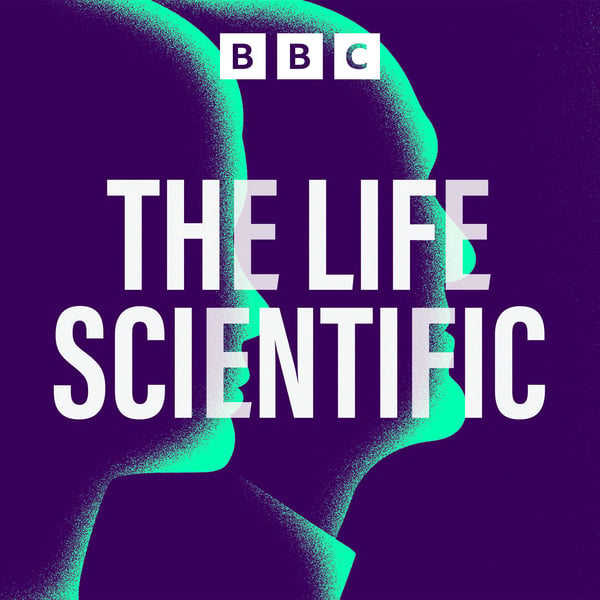Sarah Blaffer Hrdy on human evolution and parenthood
The Life Scientific
BBC
4.6 • 1.4K Ratings
🗓️ 7 November 2023
⏱️ 30 minutes
🧾️ Download transcript
Summary
Transcript
Click on a timestamp to play from that location
| 0:00.0 | BBC Sounds, music, radio podcasts. |
| 0:05.0 | Hello and welcome to the podcast edition of The Life Scientific. |
| 0:09.0 | I'm Jim Alkulele, and this is the show where I get to talk with some of the world's leading |
| 0:13.8 | scientists and you get to find out what drives them. So sit back, get comfortable and |
| 0:19.0 | enjoy the episode. We humans have always been fascinated by our primate cousins. |
| 0:25.0 | Of course, studying these animals also helps us figure out the evolutionary puzzle of what makes us uniquely human. |
| 0:31.0 | But there's a tendency to focus on male behavior in this puzzle, |
| 0:35.1 | bolstering stereotypes of the male aggressor and the passive female. My |
| 0:40.1 | guest today has worked to counter this bias, studying female primate behavior to create |
| 0:45.2 | a richer picture of our evolutionary biology, as well as what it means to be a woman. |
| 0:51.0 | Sarah Blaffer Herdy is an American anthropologist and primatologist and professor |
| 0:56.2 | emeritor at UC Davis in California. Her overarching aim, she says, is to understand |
| 1:02.2 | the human condition. |
| 1:03.4 | It's a goal she initially planned to pursue by becoming a novelist. |
| 1:06.8 | But instead, she found her way into science, making her name as a primatologist |
| 1:11.1 | studying infanticide among Lur monkeys in North India. |
| 1:15.0 | Throughout her career she sought to understand reproductive and parenting strategies. |
| 1:20.0 | We humans are cooperative breeders, she believes, primed by our evolutionary history to need a lot of support raising children. |
| 1:28.0 | It's a concern she found reflected in her own life as she juggled family with career ambitions. |
| 1:34.0 | Sarah Herdy welcomes the life scientific. |
| 1:36.0 | I'm delighted to be here. |
| 1:38.0 | Now I mentioned that your research has helped counter sex bias in the study of evolution. Are sex stereotypes the aggressive male |
... |
Please login to see the full transcript.
Disclaimer: The podcast and artwork embedded on this page are from BBC, and are the property of its owner and not affiliated with or endorsed by Tapesearch.
Generated transcripts are the property of BBC and are distributed freely under the Fair Use doctrine. Transcripts generated by Tapesearch are not guaranteed to be accurate.
Copyright © Tapesearch 2025.

